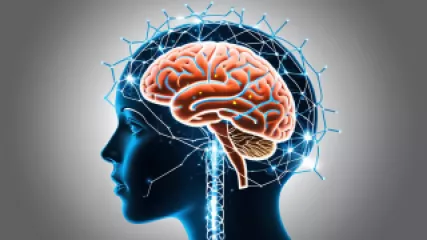Exploring the Pursuit of Happiness in the Digital Age
vor 1 Jahr
Glück
Unlocking the Power of Nature: An Interview with an Eco-Therapist
vor 1 Jahr
Ökotherapie
When to Choose Self-Help vs. Professional Help for Mental Health
vor 1 Jahr
Selbsthilfe vs. professionelle Hilfe
Overcoming Procrastination: An Expert Interview on the Psychology of Productivity
vor 1 Jahr
Produktivitätspsychologie
Discovering the Benefits of Eco-Therapy: An Interview with a Nature Wellness Expert
vor 1 Jahr
Ökotherapie
Unlocking Self-Discovery Through Narrative Therapy: Lessons from 'The Life of Pi'
vor 1 Jahr
Narrative Therapie
7 Happiness Lessons from Beloved Movies
vor 1 Jahr
Glück
My Journey through Cognitive Therapy: Overcoming Anxiety and Intrusive Thoughts
vor 1 Jahr
Kognitive Therapie
The Transformative Power of Eco-Therapy: A Personal Perspective
vor 1 Jahr
Ökotherapie
The Ultimate Guide to Cultivating Lasting Happiness
vor 1 Jahr
Glück
Unlocking Cognitive Dominance: An Interview with a Focus Expert
vor 1 Jahr
Konzentrationssteigerung
My Journey to Becoming a Life Coach: The Unexpected Benefits
vor 1 Jahr
Vorteile des Lebenscoachings
Creating Your Own Earth-Connected Therapy Sessions
vor 1 Jahr
Ökotherapie
Top 10 Differences Between Self-Help and Professional Help
vor 1 Jahr
Selbsthilfe vs. professionelle Hilfe
Enhancing Relationship Communication: Research Summary
vor 1 Jahr
Verbesserung der Beziehungskommunikation















